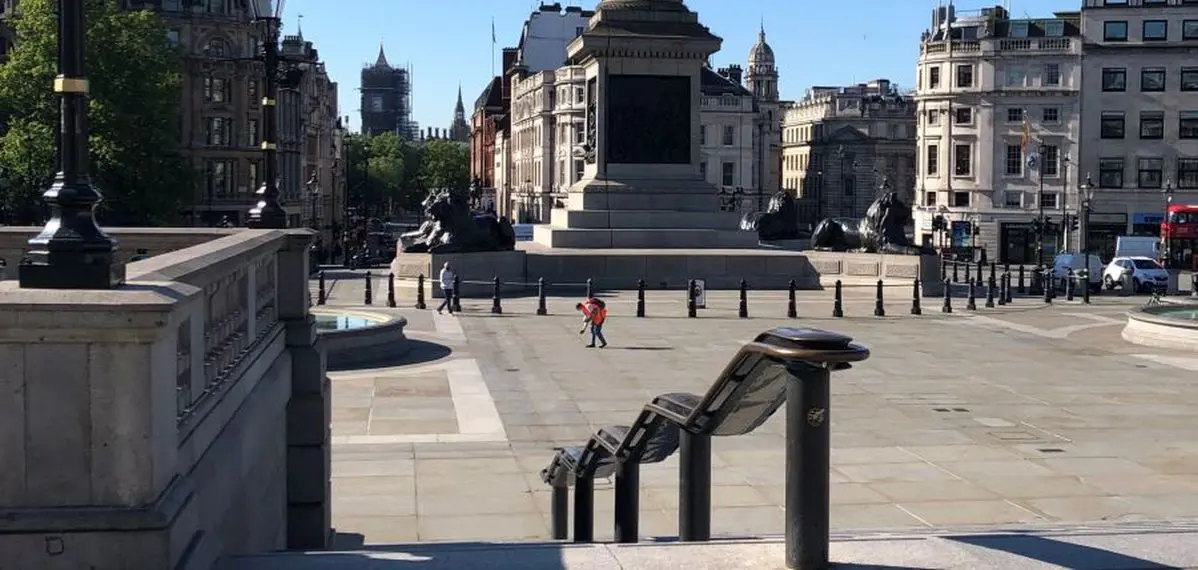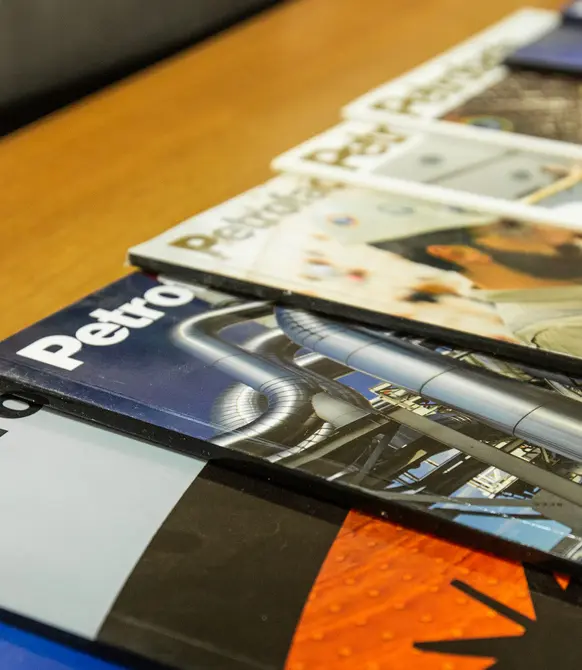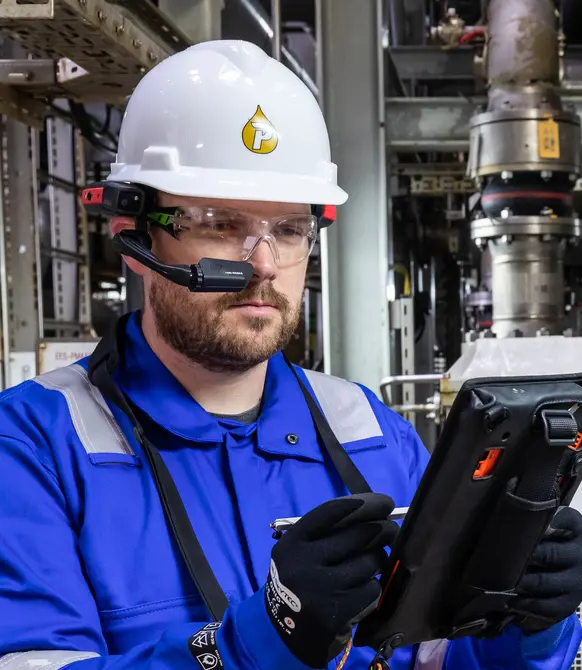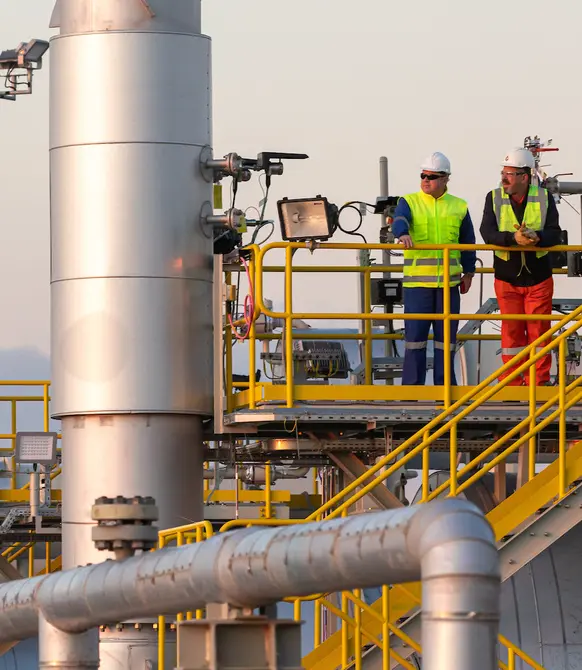Lockdown Diaries - Alison Broughton, Head of Company Secretariat and Secretary to the Board
A typical Petrofac Annual General Meeting (AGM) is known to attract interest from a variety of shareholders and stakeholders. The event requires a venue large enough to accommodate up to 100 attendees and usually lasts up to an hour. But there is nothing usual about 2020.
This year, Petrofac’s AGM took place in a modest-size room in Petrofac’s central London office where three people with face masks were sitting at more than two metres apart. One of them was Alison Broughton, Petrofac’s Head of Company Secretariat and Secretary to the Board. “This year’s AGM lasted less than five minutes. I have worked on many AGMs throughout my career, and this was my ninth at Petrofac, but it was unique in many ways,” Alison says following the event, with a smile of noticeable relief.

Planning for the AGM kicks off some three or four months prior to the event and this year was no different. “The venue is booked 12 months in advance. Then, once the Annual Report is finished, we start looking at videos, presentations and slides, Q&A documents, and make preparations for the Board to travel from the Board meeting to the AGM.”
“I have worked on many AGMs throughout my career, and this was my ninth at Petrofac, but it was unique in many ways”
In the immediate aftermath of the Covid19-instigated lockdown announcement in London and across the United Kingdom, the working world was looking for answers. “One of my first calls was to our Registrar: ‘What is the procedure?’ ‘What do we do now?,“ Alison continues. “During the last two weeks of March when we first went into lockdown, we didn’t have a venue, we didn’t know whether anyone could travel or who could come to the meeting and how we would be quorate.”
The scenario of the AGM changed from an event that any of Petrofac’s 5,000 shareholders could attend, to a closed meeting in line with the United Kingdom’s ‘Stay at home’ measures, with the minimum attendees to reach the quorum.
“Preparations still took place. We still had a script and we had to have votes, received by proxy, to approve the resolutions.”
Responding to the WFH ‘challenge’
Normally bustling with people in business clothes and hordes of tourists soaking in the grandiosity of the nearby Piccadilly Circus and Trafalgar Square, central London is the quietest it has been in a long time. Like other colleagues from the London office, Alison and her team are working from home, or WFH.

London in lockdown. Trafalgar Square on the morning of Petrofac's AGM
“We are on calls quite often. I also catch-up with the team at least once a week. But whereas three months ago my office door was physically open, and we could see each other’s faces, we now use technology a lot more.”
While getting used to online communication with her team was seamless, moving large-scale traditional board and management meetings online was more of a challenge, from training directors to use Microsoft Teams or organising meetings that could fit everyone’s schedule. ”We have now held Board meetings with some of our senior leaders attending, which included 13 different ‘home’ locations in four different time zones. It was a challenge, but it worked.”
It is difficult to predict what working in London and the UK will look like in the future.
“I expect reliance on the office will decrease, but the Board will still need to meet in person. They only meet a handful of times each year and it will be key to preserve that interaction.”
"The alarm doesn’t go off at 5:30 in the morning anymore,” Alison laughs. “I used to be on the 06:47 train coming into London. Now my commute is a walk to our spare bedroom."
Keep calm and carry on
The patterns of everyday life have been challenged as much as our working ones. For Alison, the well-known British ‘keep calm and carry on’ mantra fully applies.
“Family and friends have really made an effort to have virtual calls. We do quizzes, virtual brunches, we still interact. It is different, but it is a great way to keep in touch. It’s quite insightful how we cope and how we, well, just ‘get on with it’.”
And is there a silver lining to the situation that turned our lives upside-down?
“The alarm doesn’t go off at 5:30 in the morning anymore,” Alison laughs. “I used to be on the 06:47 train coming into London. Now my commute is a walk to our spare bedroom.”
Although the alarm clock was pushed back, Alison and her colleagues still work at a high pace and truly put our ‘responsive’ and ‘driven to deliver’ values in action. As for the Annual General Meeting, three people or 300, the British hospitality was not amiss. “I still served biscuits,” Alison says, as “no AGM would be complete without them!”.







